Hidden Hormone Disruptors
The Everyday Chemicals That Quietly Impact Women's Health
TL;DR: Endocrine-disrupting chemicals (EDCs) hide in everyday products like cleaners, plastics, and textiles, slowly interfering with hormonal balance. Simple swaps in your home, especially in what you sleep on, can significantly reduce your exposure.

Hormones run the show in ways most of us don't think about. They guide everything from mood and sleep to metabolism and fertility, but they're also surprisingly sensitive to the world around us.
Most of us consider hormones in relation to diet, stress, or exercise. But one of the biggest disruptors might actually be hiding in plain sight: the products we clean with, the materials we touch, even the air we breathe while we sleep.
The Hidden Hormone Disruptors in Daily Life
Scientists call them Endocrine-Disrupting Chemicals (EDCs). These are substances that interfere with the body's hormone system by mimicking, blocking, or altering natural signals.
They're in many common items:
- 🧴 Fragranced cleaners and detergents: Often contain phthalates, which help scents last longer but can mimic estrogen
- 🥤 Plastic containers and wraps: Can leach BPA or similar compounds into food and drinks, especially when heated
- 🛋️ Furniture and upholstery: Often treated with flame retardants that linger in household dust
- 💄 Personal care products: Like lotions, shampoos, and makeup may use parabens and synthetic fragrances
- 🛏️ Textiles: Including sheets, clothing, and upholstery can carry chemical residues from dyes, finishes, and softeners. When you consider how much time your skin spends in contact with fabric, especially at night, it's worth paying attention to
How It All Adds Up
Unlike toxins that cause immediate reactions, endocrine disruptors work slowly through repeated low-level exposure. Over time, they can interfere with hormonal communication and may contribute to:
- 📅 Irregular menstrual cycles
- 😴 Fatigue or sleep issues
- 🌱 Fertility challenges
- ⚠️ Hormone-related cancers such as breast or uterine
Researchers like Dr. Tracey Woodruff from the University of California, San Francisco, describe BPA as a "reproductive toxin," and studies increasingly show that exposure during pregnancy may even affect future generations.
Our hormones are especially sensitive during major life transitions: puberty, pregnancy, postpartum, and perimenopause. These are times when natural hormonal rhythms are already shifting, and minimizing chemical exposure can make a noticeable difference in how we feel.
Creating a Hormone-Friendly Home
The goal isn't perfection. It's progress. Reducing exposure where it counts most can make an impact.
Start with these changes:
- 🌿 Choose fragrance-free cleaning and laundry products
- 🥫 Use glass or stainless steel instead of plastic for food storage
- 🪟 Air out your home and dust regularly (flame retardants and phthalates often collect in household dust)
- 🌱 Look for natural fibers in bedding and clothing, ideally undyed or plant-dyed
Even small adjustments help lighten the load on your body's natural balance.
Why What You Sleep On Matters
We spend roughly a third of our lives asleep. During that time, our skin barrier relaxes, our body repairs itself, and our hormones recalibrate.
If your bedding is treated with synthetic dyes, resins, or antibacterial coatings, those chemicals come into direct contact with your skin night after night.
That's why AIZOME has focused on creating textiles made without petroleum-based dyes or chemical finishes. Instead, we use plants, water, and ultrasound technology to bind natural color to organic cotton. The result is bedding that's gentle on your skin and doesn't add to your body's chemical load while you rest.
It's a small change, but one that touches you every day.

The Takeaway
Hormonal health isn't just about what you eat or how you move. It's also about what surrounds you. By becoming more aware of hidden chemicals and choosing simpler, safer alternatives, you support your body's natural balance in a quiet but powerful way.
Sometimes the biggest acts of self-care start with the smallest swaps: the air you breathe, the sheets you sleep on, and the peace of mind that comes from knowing your home is truly a place of restoration.

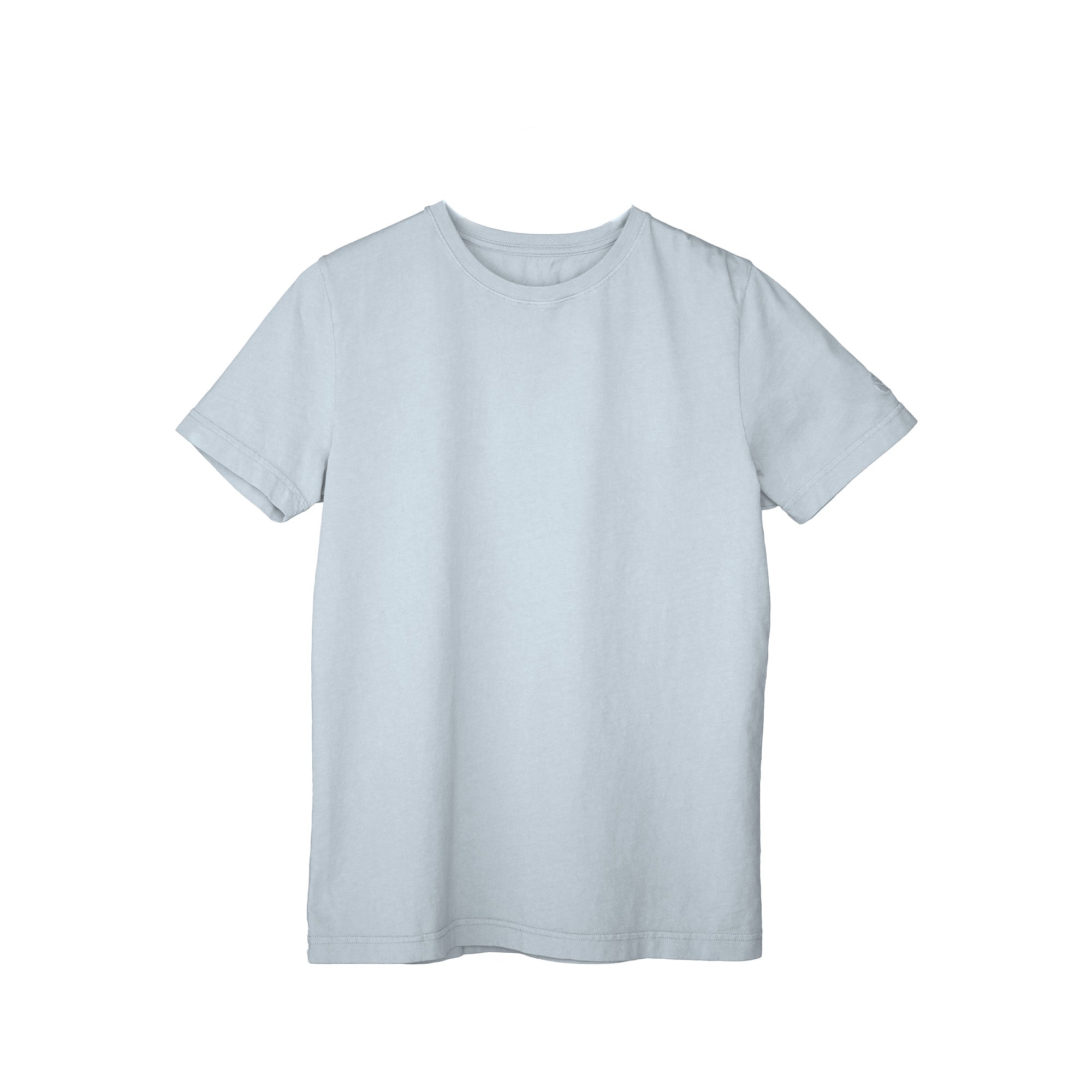

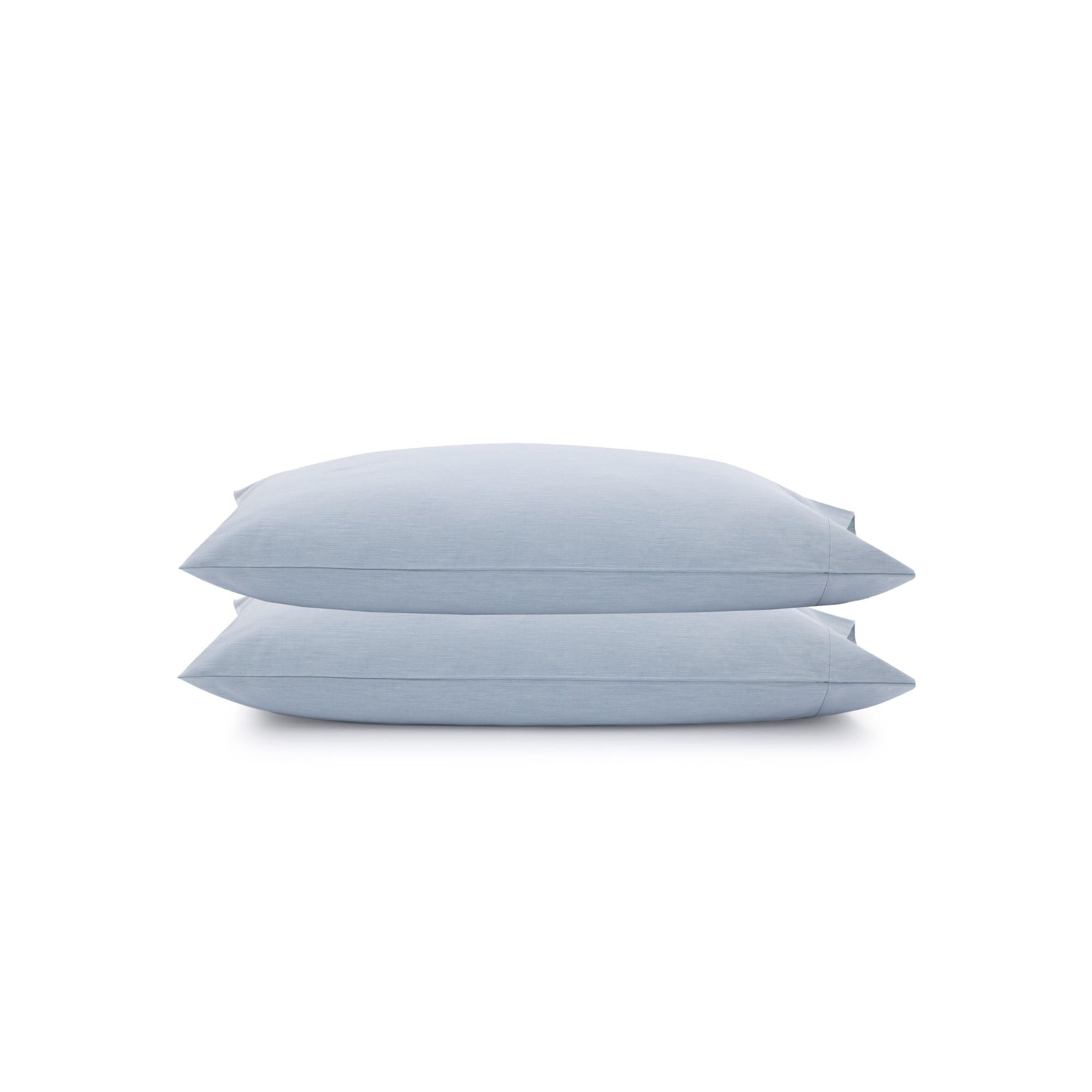
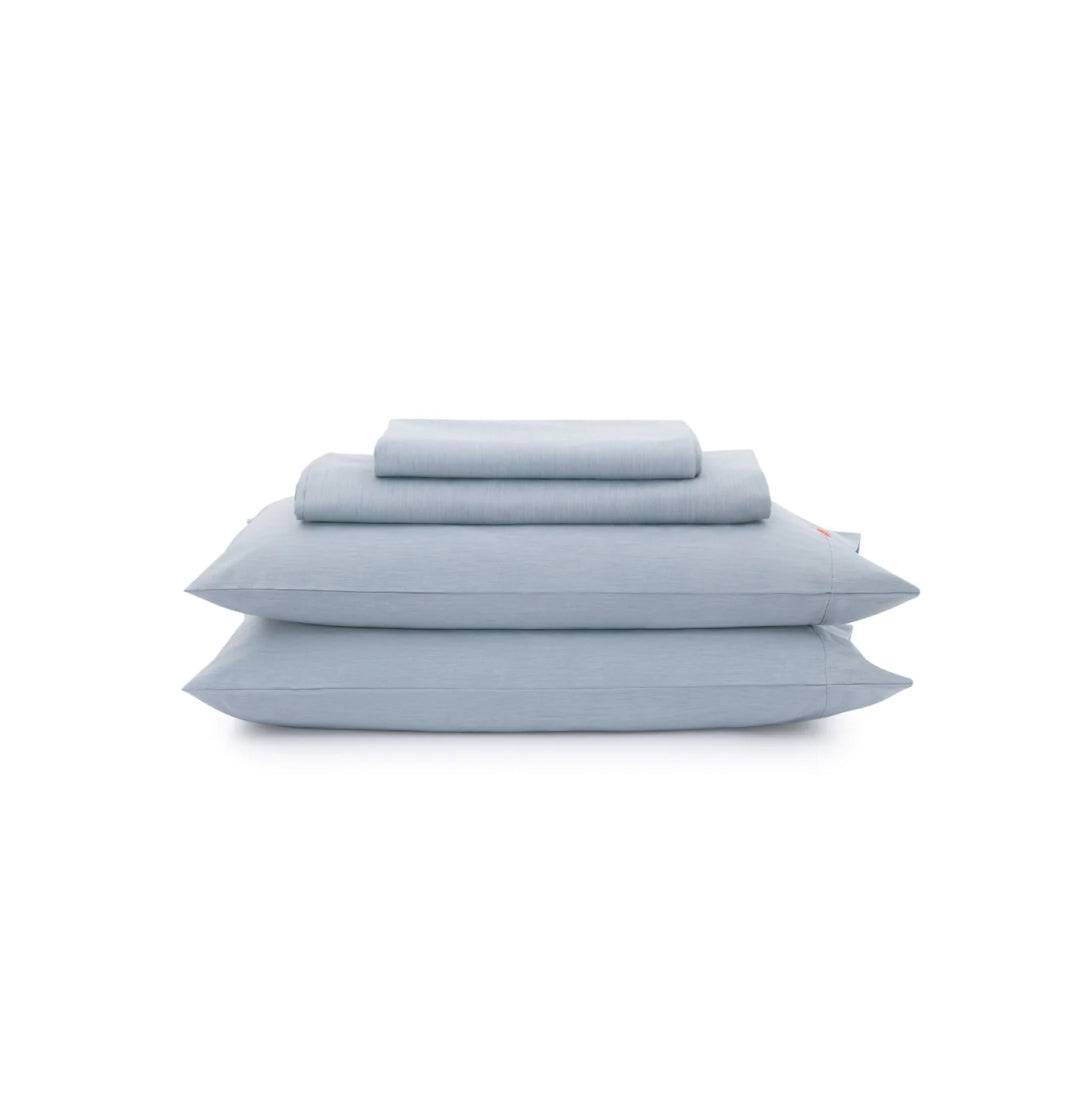
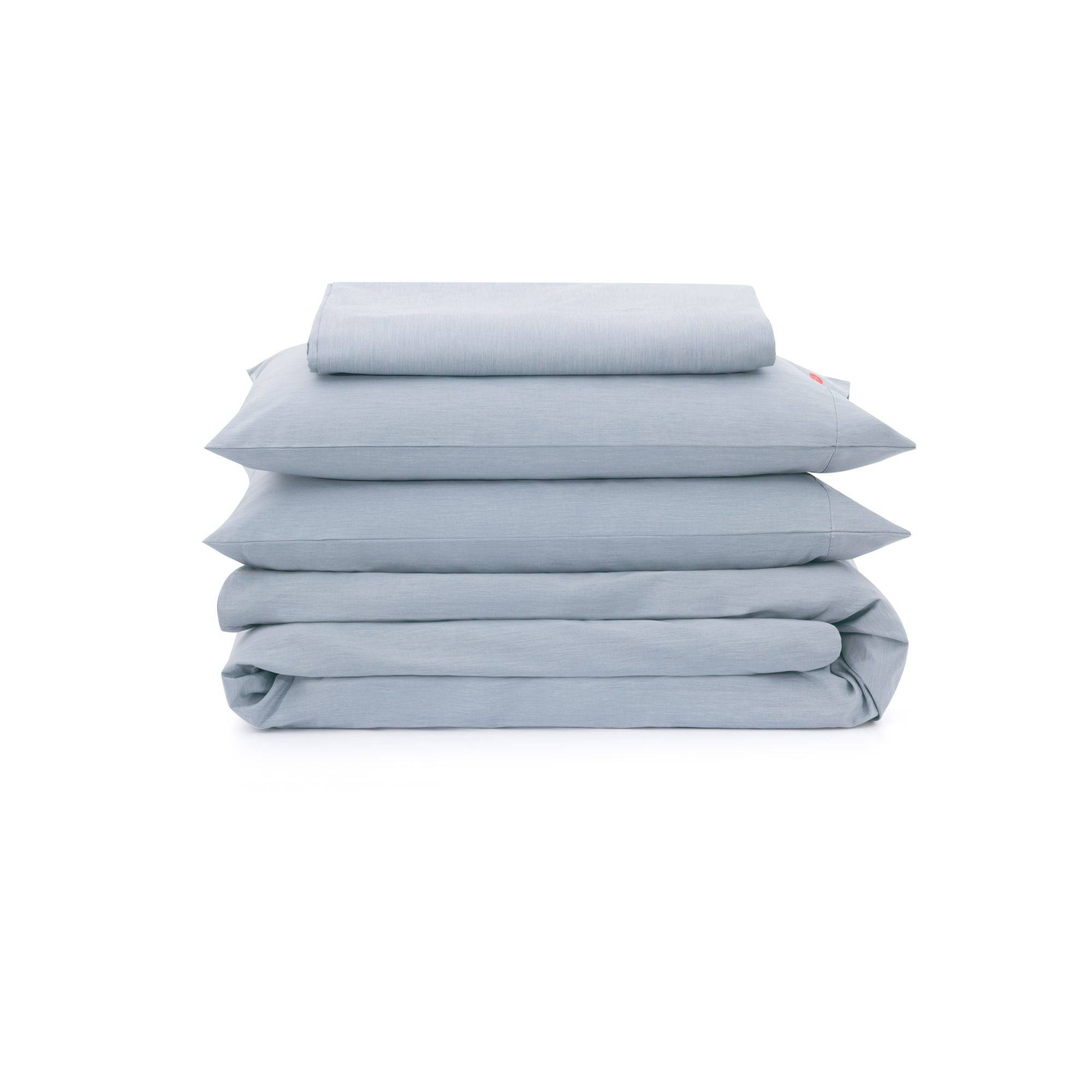
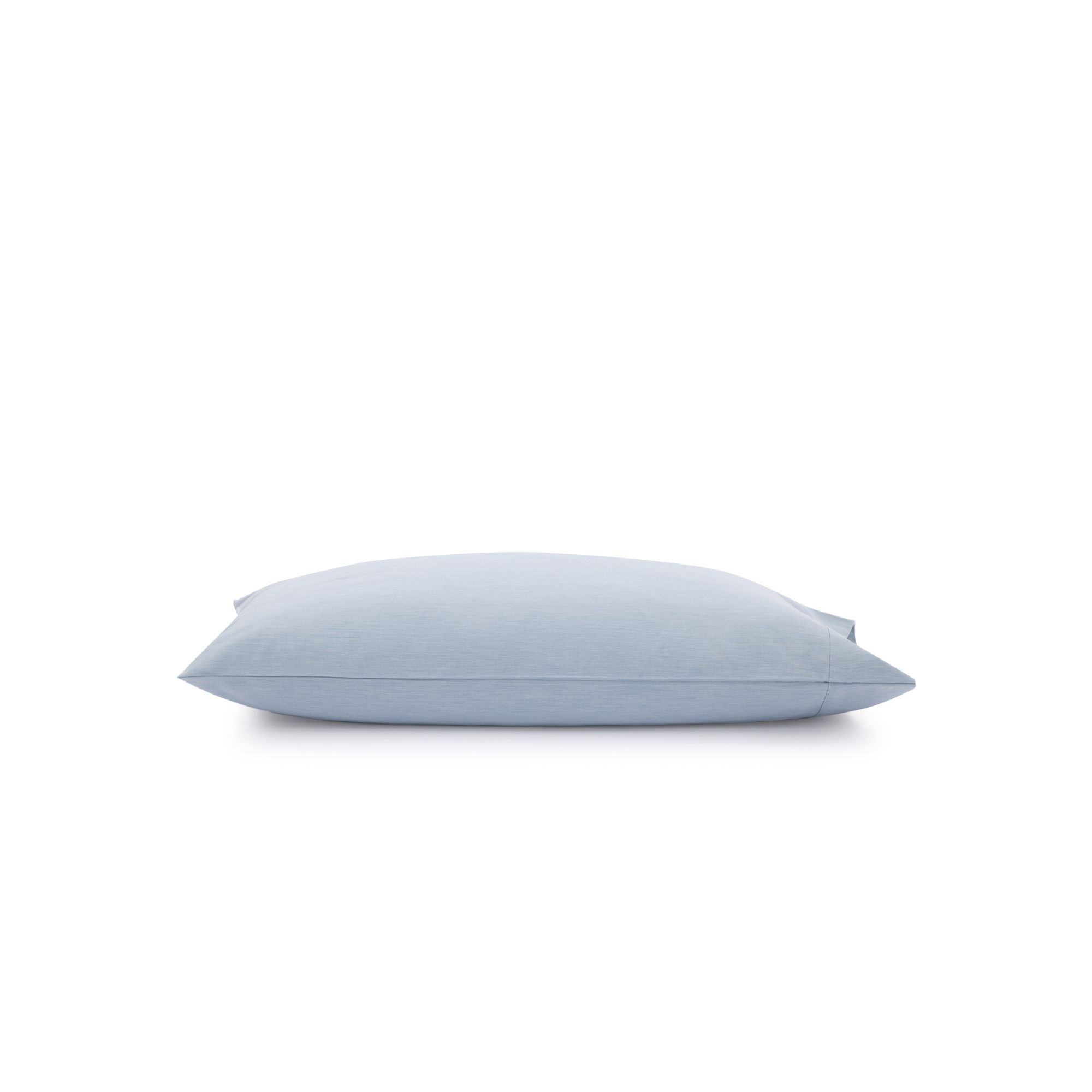
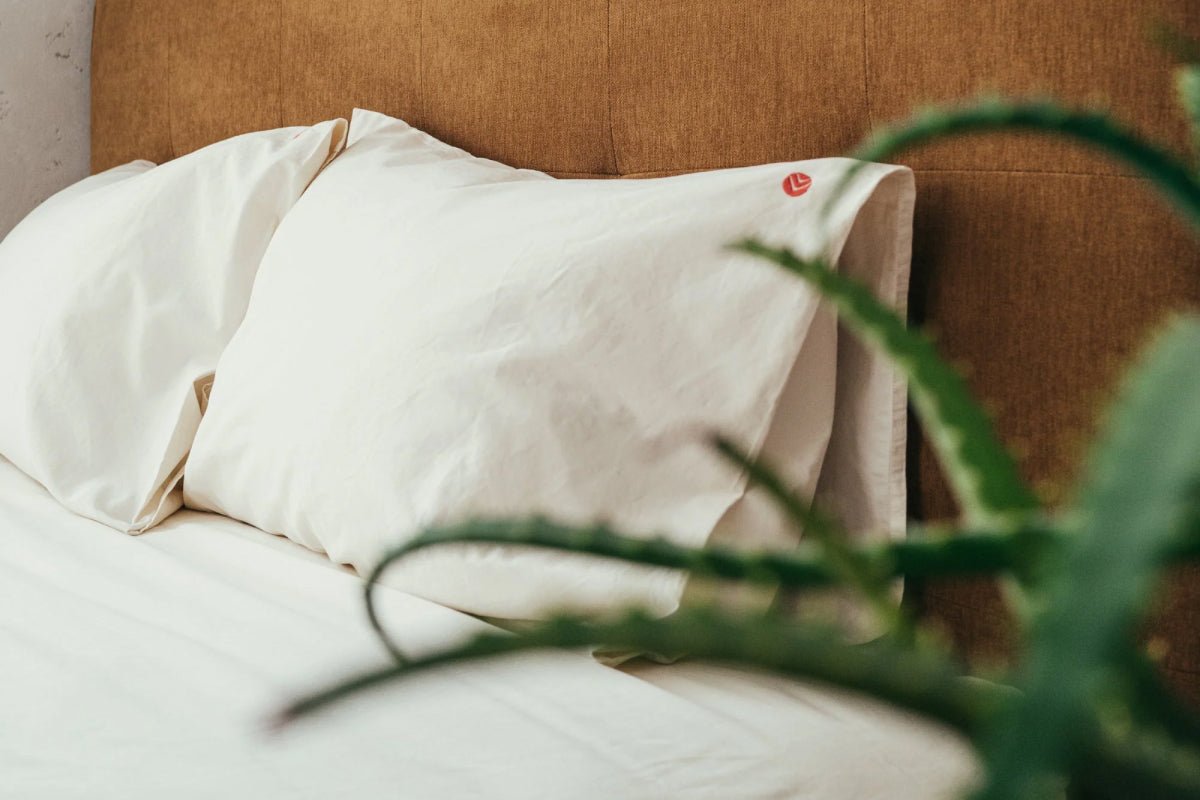 Bedding
Bedding
 Clothing & Accessories
Clothing & Accessories
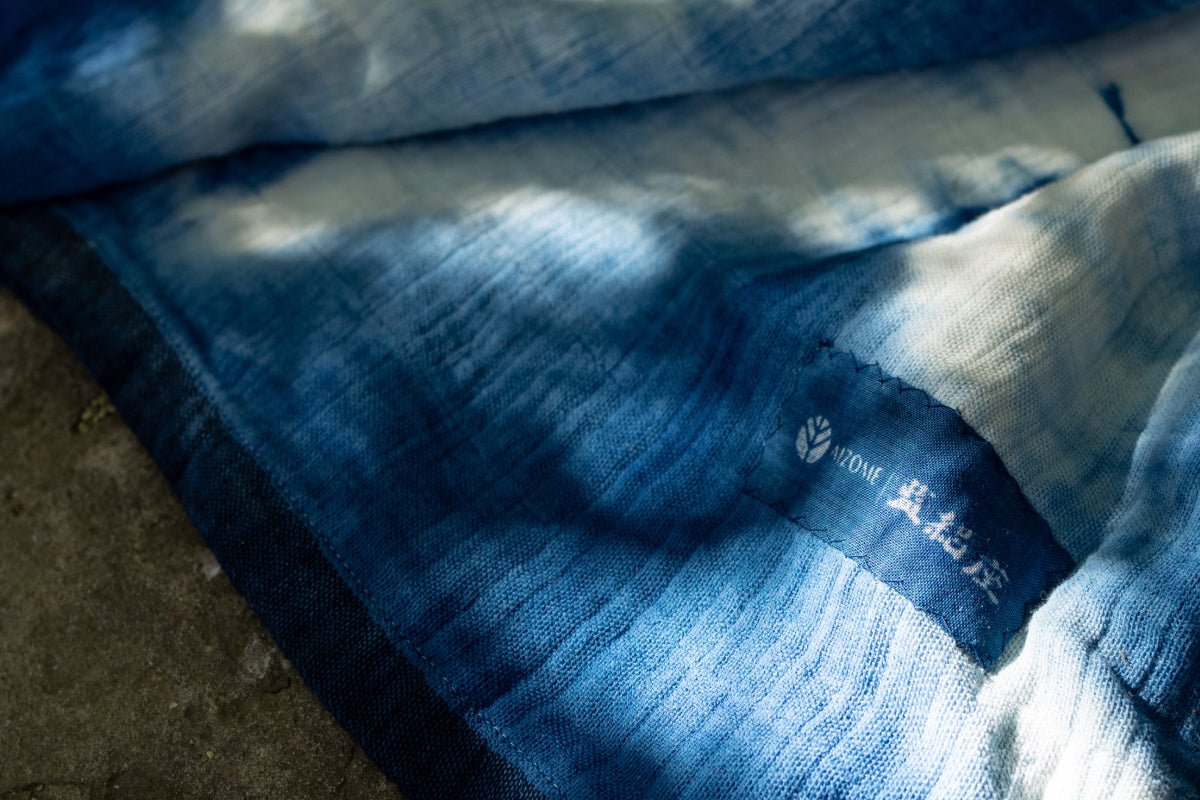 Artisan Line
Artisan Line

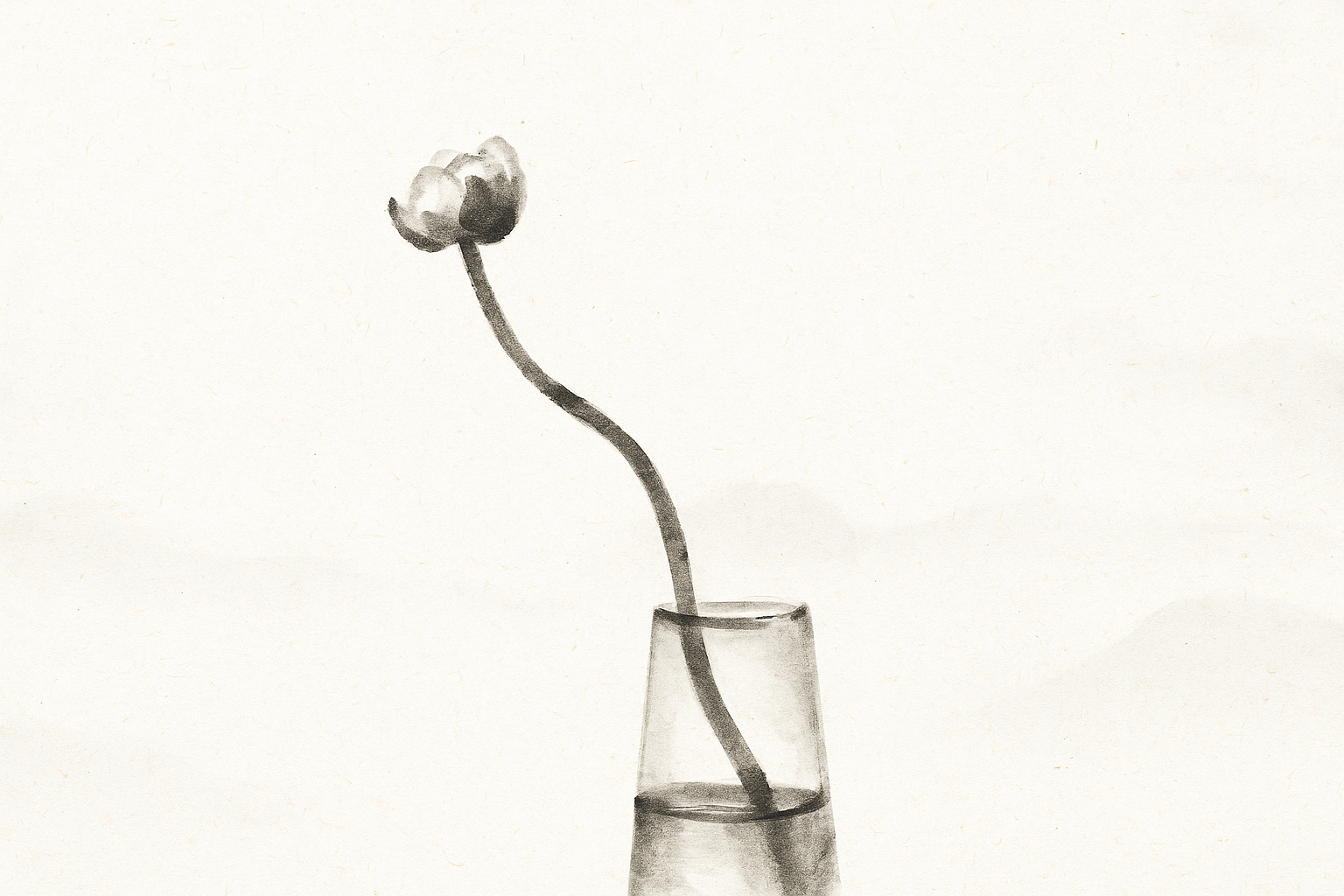
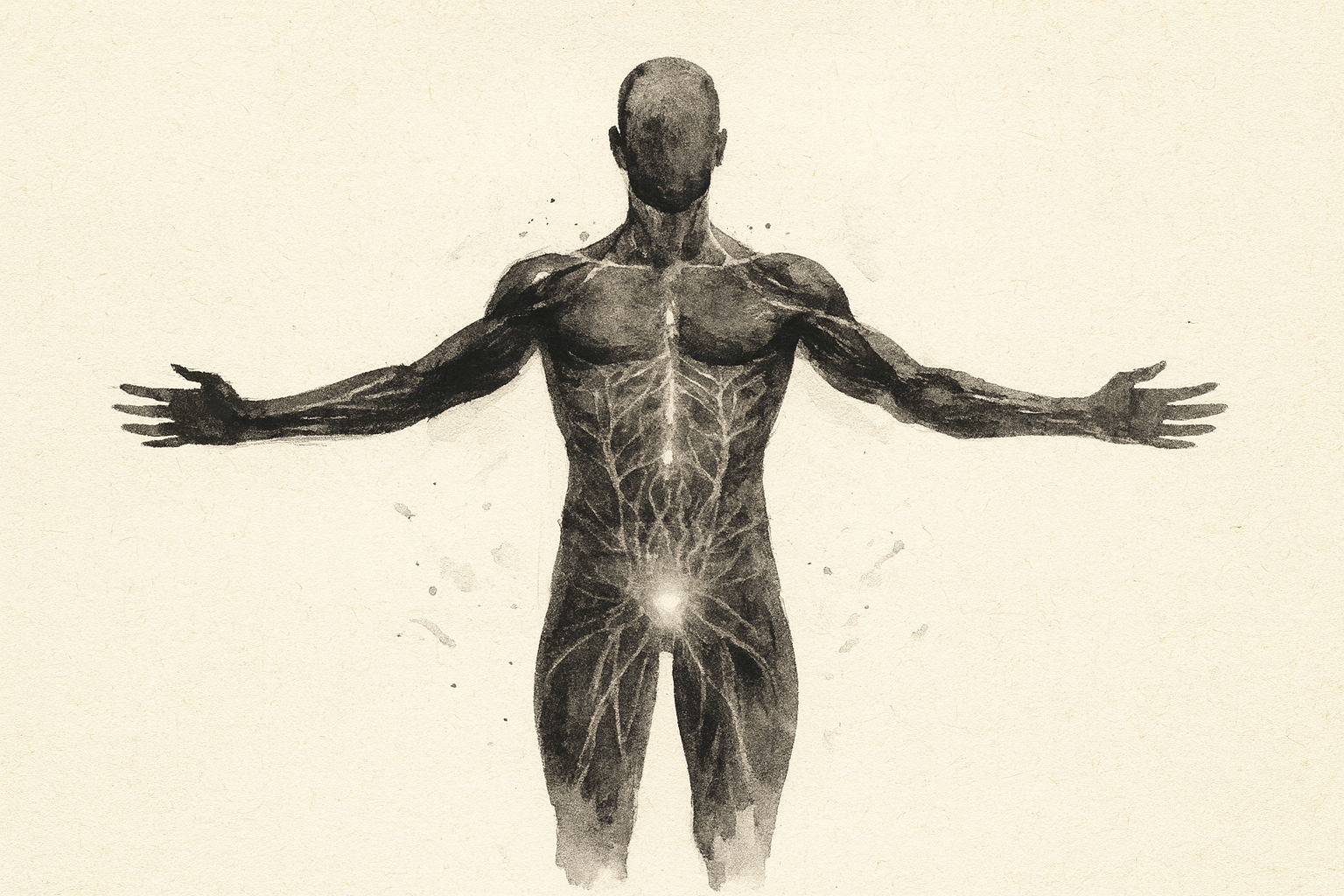
Leave a comment
All comments are moderated before being published.
This site is protected by hCaptcha and the hCaptcha Privacy Policy and Terms of Service apply.